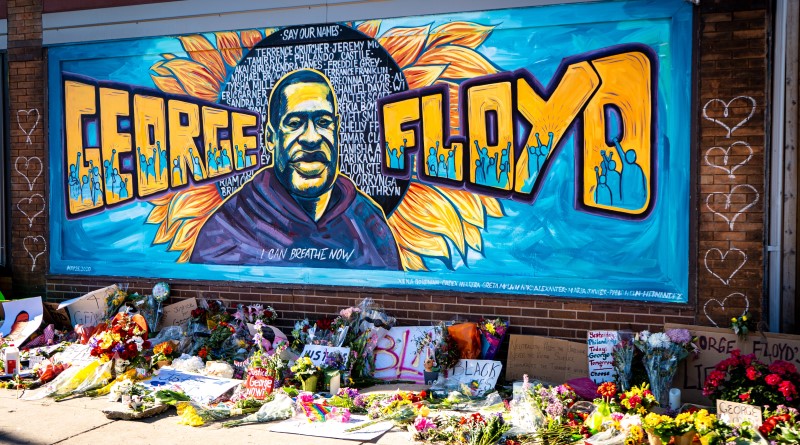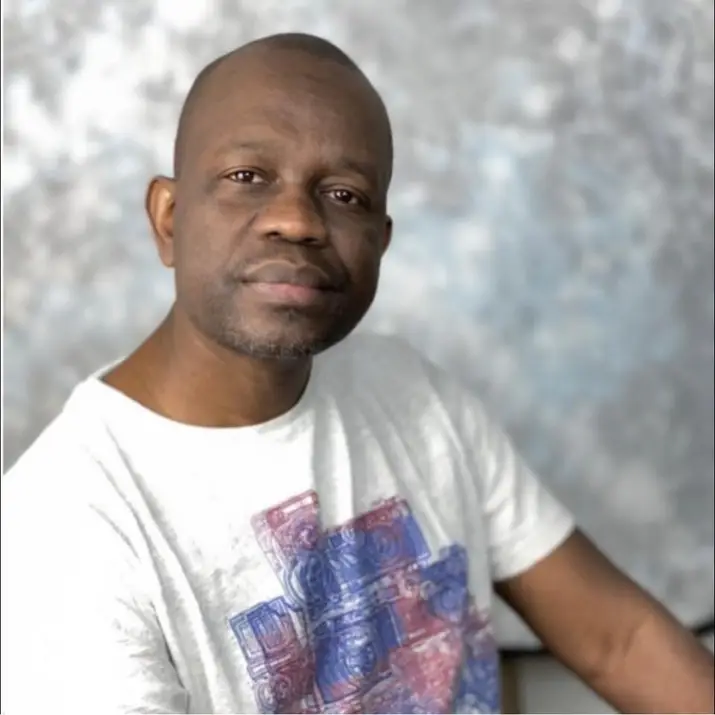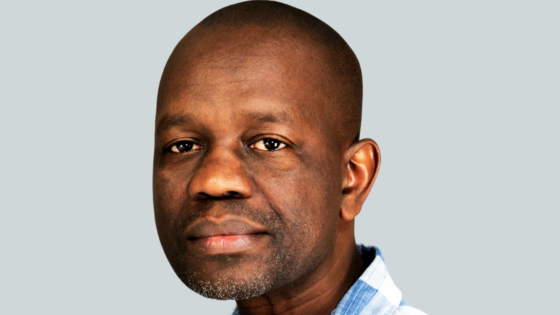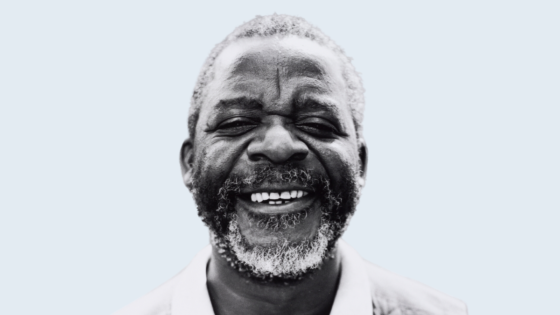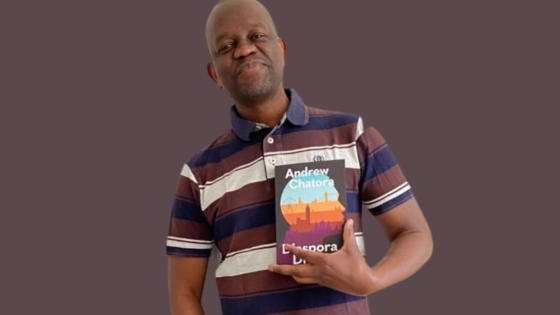A glittering film career spanning several decades has seen Denzel Washington mature from yesteryear productions such as NBC’s medical drama; St Elsewhere which ran from 1982-1988, when he cut his teeth on the screen with a mesmerising performance as Dr Phillip Chandler. More stellar performances were to come. Who can forget that emotional whipping scene as a bare chested young Denzel announced his advent on the film scene to contemporary films such as Glory in (1989), in which he played, a belligerent, defiant, self-absorbed ex-slave. Throughout his illustrious career, one thing remains conspicuous, Denzel is a grand master at his craft, acting, delivering his multifaceted roles with a nonpareil passion. Here is a man, a living legend whom today I seek to celebrate his success and achievements through delving into three of his films; Cry Freedom (1987), Malcolm X (1992), and American Gangster (2007). In equal measure, this piece will seek to consider other high profile black actors and athletes, among them, Formula One motor racing maestro; Lewis Hamilton; film star cum musician, Jamie Foxx who “killed off” Ray Charles’ performance in the biopic, Ray (2004), with his sublime performance. Aside from acknowledging these black icons’ contribution to the arts sector, it is integral to consider the role of the artist in aiding The Black Lives Matter Movement, (BLMM) cause. To remain neutral, see no evil, hear no evil, should not be a dilemma for the artiste. There is a clear choice to be made, in the interests of serving posterity as the article argues.

The knee gesture protest was popularised by San Francisco 49ers quarterback Colin Kaepernick in 2016. Premier League footballers in England have been taking the knee gesture signal at the start of their matches, following the resumption of the League after the Covid-19 lockdown. At the recent season opening, Austrian Grand Prix, Formula One star, Hamilton and 13 other drivers took the knee gesture on the starting grid, with six drivers refusing to take the symbolic gesture, citing lame excuses on why they couldn’t do so. Such dissonance amongst high profile F1 stars beggars’ belief. Perhaps, it’s no wonder Hamilton has openly acknowledged, “silence from some circles is concerning,” which silence and lack of support from other key voices (far and beyond) constitutes the centrepiece argument advanced in this narrative.
What the BLMM movement represents are noble and forward-thinking ideologies of racial harmony, integration and tolerance, decent human values to the core. It has been disturbing to see those from the other side of the divide, the far-right players like Nigel Farage and the right-wing media in England try to foment this debate into an us versus them binary dichotomy, deliberately misrepresenting and distorting the BLMM remit and well-meaning demonstrations. This is counterproductive, it doesn’t work and will never work, and there is no place for this divisiveness in our global society, today, tomorrow ad infinitum. One lame way critics have tried doing this is by bandying around a counter slogan to BLMM by charging “white lives matter”, as if black people ever said by insinuation white lives don’t matter. For the avoidance of doubt; white lives do matter, no one is saying they don’t matter. Sky News Television sports presenter; Mike Wedderburn does a brilliant job in explaining why the white lives matter counter refrain to the BLMM is offensive, when taken within context. As Mike aptly explains; taken within context; white lives matter is indeed offensive as it flies in the face of what BLMM is striving to achieve for the black community, especially as historically, black people have had an unfair advantage in spheres of life due to the endemic prevalence of systemic racism and white privilege. Thus, the aforementioned anti-slogan undermines the BLM cause.
Denzel joins an array of black actors who have excelled in their field, performers such as, Morgan Freeman, Will Smith, Martin Lawrence, Jamie Foxx among others, comes to the fore. Even though this piece is about lauding black icons cultural ambassadors, nonetheless it would be amiss not to acknowledge the role these aforementioned icons should continue to play in raising and nurturing the profile of race relations in our contemporary world. They are luminaries in an industry often hogged by charges of ingrained, institutionalised racism, which have denied them due recognition by way of Oscars; hence the #oscarsowhite campaign, which has sought to highlight the skewed landscape when it comes to black actors winning Academy Awards in Hollywood. In the United Kingdom, the Baftas have also been lampooned by critics over similar charges. Therefore, our esteemed cultural icons have also experienced this racism first hand, they understand the streets we’ve walked. They have a legitimate duty to highlight the injustices of white supremacy and racism, and fully endorse the BLMM cause, as some of them have been doing.
For so long, the Academy Awards Adjudication Board has been preoccupied with overlooking talented black actors because “they didn’t fit the bill.” Critics point out, the real reason why great actors of Washington and Freeman’s ilk have not won so many awards, is not so much the dearth of their savoir faire, but an extension and perpetuation of “the knee on our neck.” Perhaps, this diversity debate in film and television awards explains why some black actors and film producers have mooted the formation of rival acknowledgment bodies to compete with established Oscars and Bafta awards. However things pan out, the diversity debate discourse resonates well with BLMM fight for racial injustice and greater diversity.
We all need to play our collective part in speaking out against the ills of racism, bigotry, sectarianism and white supremacy permeating our inner (societal) psyche. Sitting on the fence or quiet acquiescence is simply not acceptable and not good enough. As renowned civil rights activist Reverend Al Sharpton succinctly puts it; “get your knee off our neck,” should be a rallying cry, society ought to adopt in fighting these unfettered ills. The George Floyd killing may well be the Black Lives Matter Movement magna

